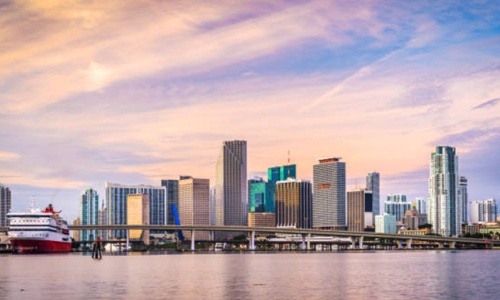
Omaha, NE
Omaha, Nebraska (a Midwestern City of just under a half million population) is a quiet yet powerful US business center, with a strong economy. Home of several Fortune 500 companies (Warren Buffett’s Berkshire-Hathaway, Con-Agra Foods, Union Pacific, Mutual of Omaha), it also is home to a broad range of industries, ranging from one of the largest construction companies in the US (Peter Kiewit Sons) and the leading credit card processor (First Data), to being headquarters of the Strategic Air Command. Naturally being located in the Midwest farm belt, agricultural manufacturing in the form of Food manufacturing, including meat processing, is its largest industry. It is followed by financial services, health care, transportation and the aforementioned military.
Settled by European immigrants in the great Western expansion, its strategic location on the banks of the Missouri River made it a vibrant hub between the Eastern and Western US, and provided great opportunities to build new businesses to serve a growing nation. This drive and work ethic continues to maintain and grow the business economy. And as a community, it has a blend of ethnic neighborhood communities and spacious suburbs – all with very affordable and stable housing values. Good schools from elementary to college provide a well-educated and motivated workforce. There has been a long support of cultural and sports activities (the College World Series among the most well-known), and the recent additions of new stadiums and performance centers has greatly enhanced the quality of life experience. Altogether the outlook looks bright for Omaha as a business center, and entrepreneurs are recognizing the potential and opportunities.
















